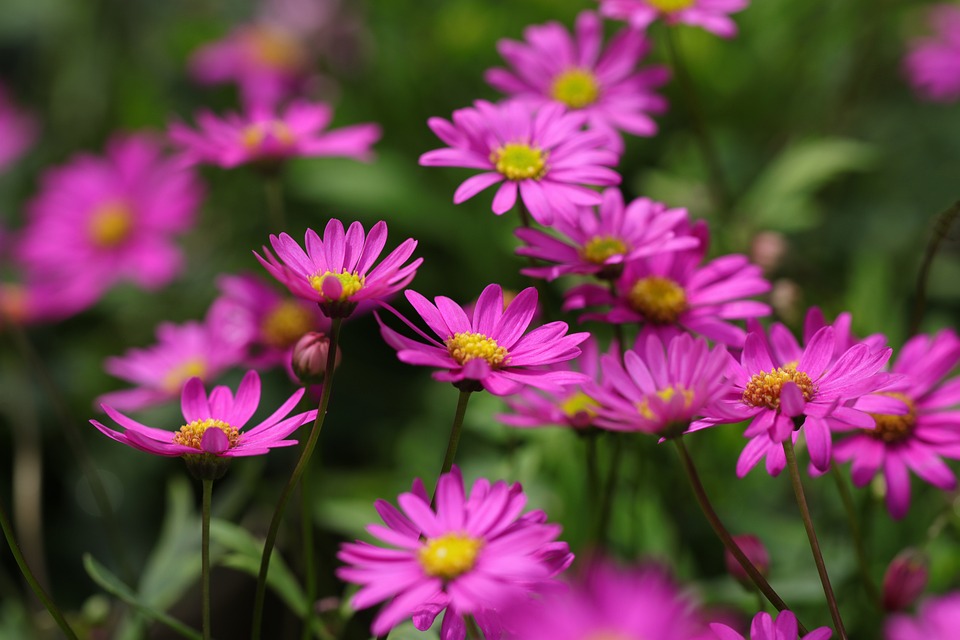In our fast-paced, modern world, the significance of traditions and rituals often gets overlooked. Yet, these seemingly simple acts play a crucial role in shaping our identity and fostering a sense of belonging. From daily routines to cultural celebrations, rituals have the power to connect us to our past, define our present, and guide our future. In this article, we will explore the profound impact that rituals have on our lives, delving into their historical roots, their current significance, and their potential future implications.
The Historical Context of Rituals
Rituals have been a part of human society since the dawn of civilization. From ancient religious ceremonies to traditional family customs, rituals have served as a way to mark significant events, reinforce social bonds, and transmit cultural heritage from one generation to the next. In many cultures, rituals were seen as a way to connect with the divine, seek protection, and ensure prosperity. They provided a sense of structure and meaning in a world that was often unpredictable and chaotic.
Key Points:
– Rituals have existed in human society for thousands of years, serving various purposes.
– They were often closely tied to religious beliefs and cultural practices.
– Rituals helped people navigate the uncertainties of life and create a sense of order and stability.
The Current State of Rituals
In today’s world, the role of rituals has evolved, but their importance remains as strong as ever. While some traditional rituals have faded away, new ones have emerged to take their place. From the way we start our day with a morning routine to the customs we observe during holidays and special occasions, rituals continue to shape our daily lives in profound ways. They provide a sense of continuity and connection to our roots, helping us feel grounded and secure in an ever-changing world.
Key Points:
– Modern rituals may look different from traditional ones but serve similar functions.
– Daily routines, celebrations, and personal rituals all contribute to our sense of identity and belonging.
– In a time of rapid change, rituals offer a sense of stability and continuity.
The Future of Rituals
As we look to the future, the role of rituals in society is likely to continue evolving. With advances in technology and changes in cultural norms, new forms of rituals may emerge that cater to the needs and preferences of a modern, globalized world. However, the core functions of rituals – to provide meaning, foster connections, and create a sense of belonging – are likely to remain constant. As people seek ways to navigate an increasingly complex and interconnected world, rituals will continue to play a vital role in shaping our individual and collective identities.
Key Points:
– Technology may influence the form and function of future rituals.
– People will continue to rely on rituals to provide a sense of purpose and connection.
– As society changes, rituals will adapt to reflect new realities while preserving their essential role.
Conclusion
In conclusion, the power of rituals in shaping our identity and sense of belonging cannot be overstated. From ancient ceremonies to modern practices, rituals play a crucial role in helping us make sense of the world around us, connect with others, and preserve our cultural heritage. As we move forward into an uncertain future, rituals will continue to serve as beacons of stability and meaning, guiding us through life’s challenges and celebrations. So, let us cherish and honor the rituals that enrich our lives and bring us together, for they are the threads that bind us to our past and pave the way for our future.
Thank you for joining us on this exploration of the power of rituals. If you’d like to learn more about this fascinating topic, we recommend diving into the works of renowned scholars such as Victor Turner and Clifford Geertz, who have shed light on the anthropological and sociological significance of rituals. Happy exploring!
